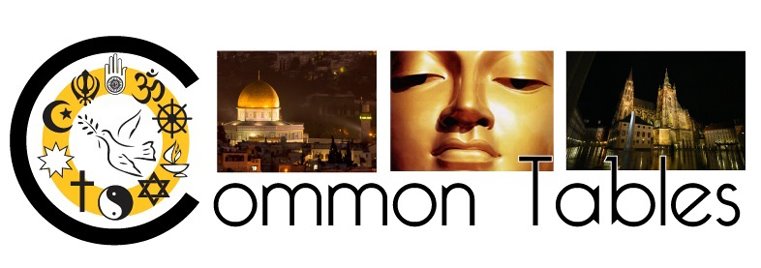We continue our series on Conversation with a few comments on listening.
Conversation has been defined as:
"A vocal competition in which the one who is catching his breath is called the listener." Over the next couple of weeks we'll take a closer look at the art of listening and we'll again start by taking a look at the
Common Tables member's guide "Conversation: The Main Course":
The Language of Peace
“The most basic of all human needs is the need to understand and be understood. The best way to understand people is to listen to them.” - Ralph Nichols
"Regardless of your belief system, one of the best things you can do for yourself and your Table is to improve your listening skills. Interestingly, within the context of your
Common Tables experience, you will find that the best listeners are listened to more than the poor listeners. The best listeners at your Table will be seen as more caring and will have a greater influence within your group than those who are not skilled listeners.
"This short article will serve as an introduction to the art of listening. Throughout your time in the
Common Tables family, we will offer materials to help you develop your listening skills. Not only will you be able to apply what you learn to enhance your
Common Tables experience, you will find improved listening skills helpful in all of your relationships.
Don’t Confuse Hearing With Listening"Listening is something you choose to do . . . something you can decide to practice and become more effective at. Hearing is a biological function; listening is a learned skill.
To be an effective listener requires mastering two groups of skills: the first is the ability to focus your attention on the speaker. The second is the ability to communicate your understanding of the speaker’s words and meaning.
"Of the two, it is easier to develop the communication skills needed to paraphrase (to express an understanding of the details of what the speaker said) and to demonstrate empathetic listening (by expressing your understanding of the speaker’s feelings) than it is to acquire the self discipline needed to focus attention. While these communication skills are important – if you are unable to communicate your understanding you will reap few of the benefits of effective listening – they are the easiest of the skill sets to develop."
More next week . . .




